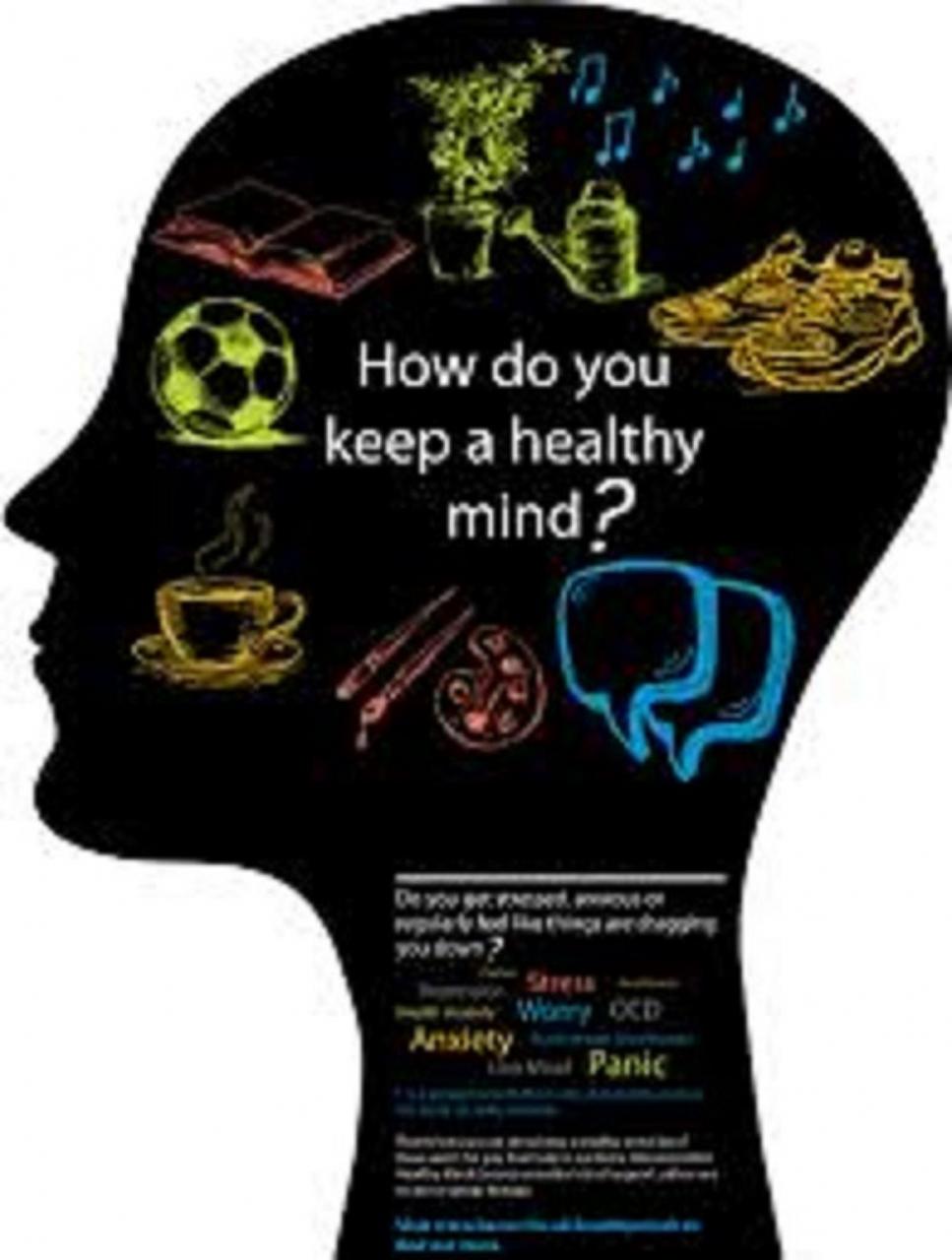Therefore as we approach a more relaxed period of time I thought it would be good to remind ourselves of a healthy mind and body theme. An alternative way of encouraging brain development and growth. Something not to be overlooked.
Indeed it was a discussion I had with my acupuncturist friend recently, a practitioner who happens to also study nutrition, that really got me thinking about this subject. Viki thoroughly believes in what we put in our bodies manifests itself somewhere else. So rubbish input equals rubbish output; illness, fatigue, slower brain capacity. Whilst we were chatting we began to talk about how children are not immune from this theory and how this can affect learning difficulties. As you may have read from last week, supporting those with learning difficulties is something we at MTA are passionate about.
I have read many articles recently which encourage us to start eating healthily and look after our figures. This is probably not the season where following a proper diet is easy but in this day and age we can always find a wide variety of fresh and seasonal products which tick the ‘good for you’ box.
As adults we know how important it is to eat properly, not simply for maintaining the figure, but also because it keeps us healthy; bringing energy to our day-to-day wellbeing, increasing productivity, enhancing our mood, and reducing the stress levels we feel. More importantly it decreases risk of having a heart attack or cancer.
So if we know the benefits, why don’t we make sure we grasp the eating healthy theme and follow a new plan encouraging our children to do the same? Children have the greatest opportunity of learning from the very beginning how to look after themselves by eating well.
Students are under pressure during the school term period; they are at a stage of constant growth and they need to replace all that energy consumed. Good nutrition helps students attend school prepared to learn. Improvements in nutrition make students healthier, who are likely to have fewer absences and attend class more frequently. Studies show that poor diets lead to behaviour problems, and that sugar has a negative impact on child behaviour.
Other studies find that improving the quality of students’ diets leads to them being on task more often, increases math test scores, potentially increases reading test scores, and definitely increases attendance. One 2012 study published by Population Health Management found that eating an unhealthy diet puts you at a 66% increased risk of productivity loss.
Poor diet is the greatest problem in children with learning disabilities than any other single factor. It has been said that we are what we eat. A child who is consuming a diet loaded with dead, lifeless junk foods, filled with sugar and refined carbohydrates, runs a great risk of impaired mental faculties. When you correct the diet of children with learning disabilities, you almost immediately, modify their behaviour.
Teachers often state: ‘Your child doesn’t pay any attention in class’, ‘Your child has a behaviour problem he never stops moving, making noise and disrupting my lessons’, ‘your child is a bit lazy, he/she needs to work harder’, …
Often the only method of treatment sanctioned and offered by educators and the medical community, remains with dangerous pharmaceuticals, all of which carry potentially terrible side effects. In this age of quick fixes, the use of powerful drugs in the case of our children is becoming more and more used. Drug therapy conditions the child, both physically and emotionally, for a lifelong relationship with drugs, often-dangerous drugs, that can destroy their lives.
Without understanding where the real problem lies, we will not be able to take action to help our children. They could possibly end up having emotional problems; being antisocial and when they enter their adolescent years turn to alcohol or drugs, and dropping education.
Foods rich in vitamins and minerals, such as fruit, whole grains and vegetables, have been associated with an overall lower risk of depression, as have foods rich in omega-3 fats, such as nuts, salmon and other fatty fish.
It is never too late to learn; we are so often asked what a student should do over a holiday period. Why not make understanding nutrition part of their learning plan. A research project would work really well, especially for younger students to build up their knowledge. We would definitely recommend that as part of any students’ holiday activities they should think about how to ensure a healthy eating balance and of course why it is so important. There is so much information available through the internet to give them a start.
For instance websites such as http://www.foodafactoflife.org.uk and http://www.healthykids.nsw.gov.au plus many more.
There is nothing as satisfying for a parent as when your own child wants to take charge of their own development.
When we want to get fit, we go to the gym; if we get ill, we go to the doctor; if we have backache, we go to the physiotherapist; why don’t we go to the nutritionist or find out more about good nutrition when we want to achieve a healthier diet? The nutritionist is a specialist professional who can advise you on how should be the way you feed at different stages of life (adolescence, pregnancy, lactation, and aging). Prevention is better than cure.
If you are thinking about how you can encourage your children to keep their brains active during this particularly sedentary holiday season, keep their bodies healthy in the first instance.
So, as we turn our thoughts to the end of 2020, having as much fun as we can, after a particularly unusual and often distressing year enjoy plenty of Christmas goodies just remember a little thought.


No comments
To be able to write a comment, you have to be registered and logged in
Currently there are no comments.